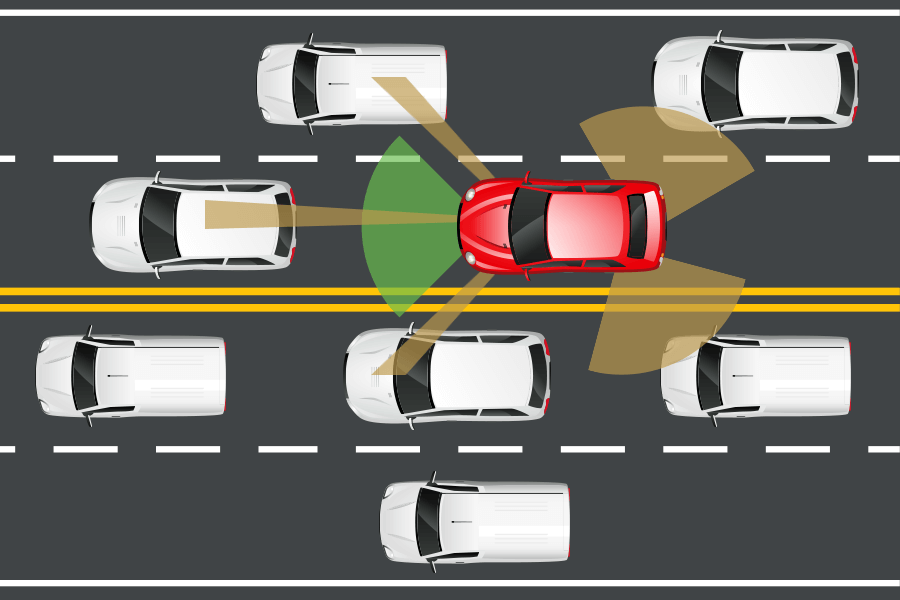Truck driving is a crucial part of the economy, with almost 70% of freight tonnage moved in Kenya being transported on trucks. The industry employs several drivers, and as noted by the Freight management Associations, “Without trucks, Kenya stops.” If you have just graduated from high school or you have always been interested in a non-static job, truck driving could be an ideal option for a change of pace. In this post, we highlight important facts about the industry and provide information on how to break into it.
Truck Driver Earnings
The average truck driver earns from 500,000-2000,000 a year.. Clearly, salaries depend very much on the company that employs you. It is vital to apply to those you feel will enable you to reach your full potential.
Companies like DHL and Metro logistics pay their drivers relatively well but of course, job fulfilment is not just about money.
One of the features of truck driving that most attracts applicants is the idea of freedom. You should ensure that any company you apply for has fair working hours and offers a reasonable degree of flexibility in terms of shifts, holidays, etc.
Movement Is Life
The life of a truck driver is normally incompatible with those who wish to work only on a short-haul basis. Your company may send you out on the road for around two to three weeks at a time, which is an ideal way to learn more about life in different parts of the country.
You should also be prepared to put the required time in when you are being trained. Many companies provide lodging at a hotel while others require you to spend your budget wisely.
If you prefer to carry out short-haul routes, you can always consider a career in delivery. Some of the biggest delivery employers in Kenya include East African Breweries, Brookside and petroleum.
Training for a CDL
On average, a Class A CDL program lasts for around seven weeks. Class B programs are shorter, but you might as well opt for Class A certification. The latter will enable you to drive a wide array of trucks over larger roads.
A Class A driver, for instance, can drive towed vehicles which are heavier than 5tonnes. A Class B driver has to stick to this weight or under. Class As can also drive livestock carriers, flatbeds, tractor-trailers and more.
Be Aware of the effects
Some truck drivers note that the one downside of this profession is health. Long hours behind the wheel can indeed raise the risk of conditions such as obesity, high blood pressure, and diabetes.
However, it is up to each truck driver to take steps to counter inactivity and obesity. For instance, by exercising daily and by consuming a sound diet.
Moreover, trucking companies must be savvy when it comes to ergonomics. Poorly designed work spaces like uncomfortable chairs can cause back and neck injuries over time.
The truck driving industry holds great promise for those after an exciting job that changes from day to day. Good salaries, the chance to travel through East Africa and stability are a few of its most attractive features.
Health risks, on the other hand, needs to be tackled both on an individual and company level. This will ensure that drivers enjoy enough rest and ergonomic conditions in which to work at their best potential.







I would like to get a job I have over 20yrs experience .(BCE)